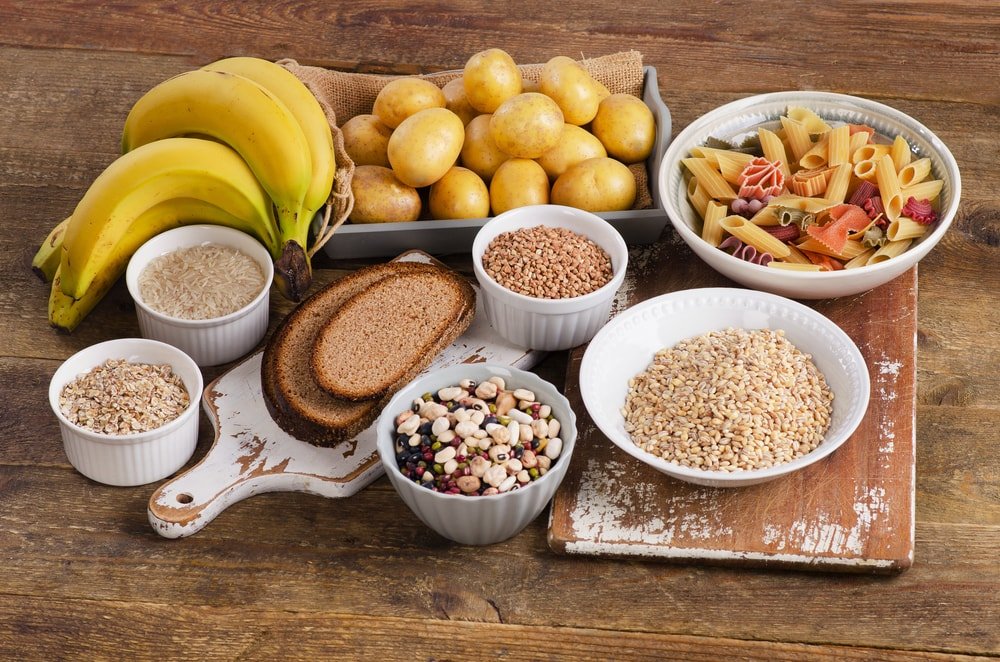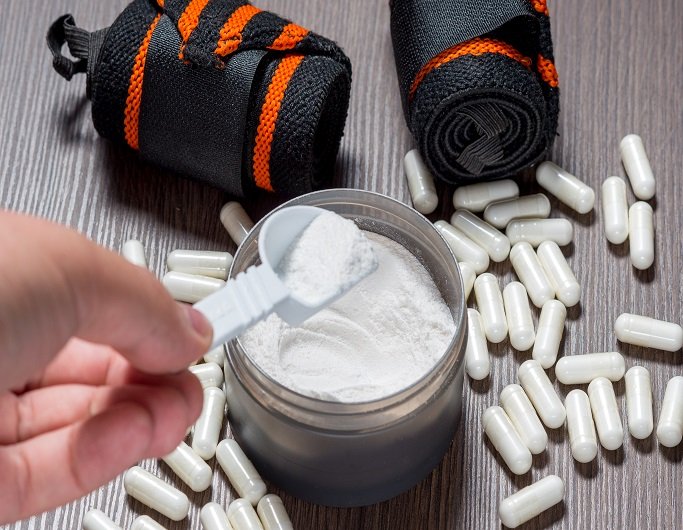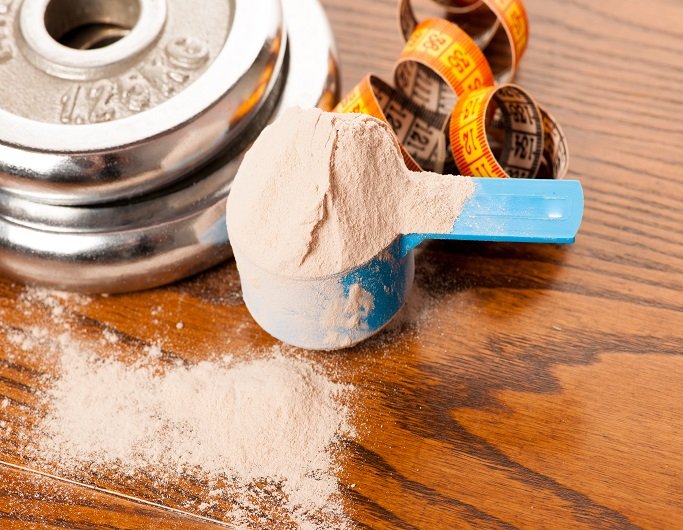
The Key Carbohydrates Explained
Carbohydrates come in many different forms and have various different nutritional properties. Typically they are categorized as being slow releasing, low glycemic carbohydrates or fast releasing, high glycemic carbohydrates. For those unsure of the glycemic index, the University of Sydney Australia say that the ‘glycemic index (GI) is a ranking of carbohydrates on a scale from 0 to 100 according to the extent to which they raise blood sugar levels after eating. Foods with a high GI are those which are rapidly digested and absorbed and result in marked fluctuations in blood sugar levels. Low-GI foods, by virtue of their slow digestion and absorption, produce gradual rises in blood sugar and insulin levels.’ People who train need both but knowing the right time to take them is absolutely key if you’re going to achieve your training goals.
Pre-Workout Carbohydrates
Carbohydrates are our bodies’ primary source of energy so whether you’re ‘carb-loading’ for a massive marathon or are just ensuring muscle glycogen levels are full stocked before a big weights session, most nutritionists will recommend a high carbohydrate meal pre training. But whilst carbohydrate content is important, so is the type of carbohydrate and usually low glycemic index carbohydrates are recommended because they don’t cause blood sugar levels to rise and fall quickly which could leave you feeling dizzy and may cause an energy crash. Instead they’ve been shown to provide a slow and sustained release of energy throughout your entire workout so that’s why oats are perhaps the most widely used pre workout food for athletes of all types.
Intra-Workout Carbohydrates
Intra workout carbohydrates have usually only been used by endurance athletes who are training or competing for longer than 90 minutes. But more recently footballers, rugby players and even bodybuilders and strength athletes have started using them too during their workouts. These carbohydrates tend to have a higher glycemic index so they are absorbed more quickly and often come in a gel or liquid form to further enhance absorption. Nutritionists will usually recommend consuming 100 to 250 calories of carbohydrates usually from a source like a sports drink or gel as you get 30 to 60 minutes into training or a competition. Solid foods are also eaten as well such as bananas in tennis but this is typically because the change of ends allows the athletes to sit and eat a banana, this may prove harder when running a marathon which is why liquids or gels are preferred.
Post-Workout Carbohydrates
Immediately following any form of training, whether it’s a long endurance event or a heavy strength based session, you need a high glycemic index and/ or rapidly absorbing carbohydrate like dextrose, maltodextrin or waxy maize starch because they are absorbed quickly by the body and will replenish muscle glycogen levels that have been depleted during training. Also perhaps more important for bodybuilders and certain strength athletes, high glycemic index carbohydrates such as dextrose and maltodextrin will increase insulin hormone levels in the body which will then shuttle protein and amino acids to the muscles and ultimately kick start the recovery process that will make your muscles bigger and stronger.






No Comments yet!